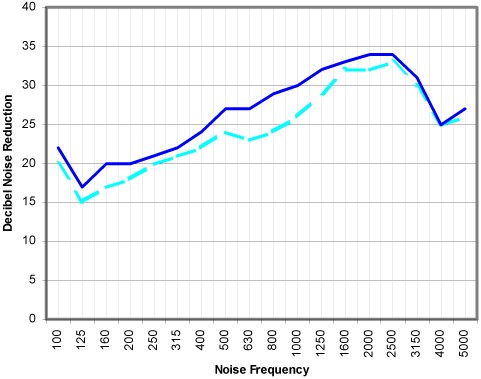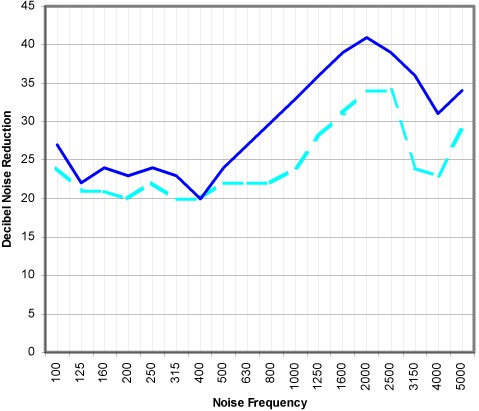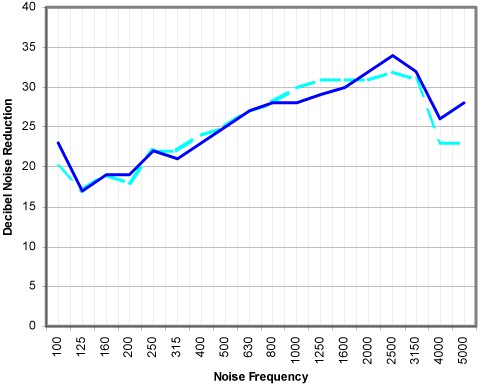Which is Better for Noise Abatement?
Vinyl windows have certainly become popular over the past fifteen years for residential uses. They do have advantages over aluminum window frames in general when used as the main window or “primary” window. When used as the second window (“secondary”), many of the advantages disappear completely – largely because the primary window provides the basic window functions and advantages.
Secondary windows are used to improve the insulation values of the primary window, and, in the case of Soundproof Windows, they are used to stop noise.
Vinyl and wood windows now have well over 70% of the residential window market. Aluminum windows have the overwhelming market share for commercial buildings. Aluminum will always outperform vinyl where noise abatement is concerned. Vinyl has no mass and has to be too thick to perform the same task that aluminum does.



